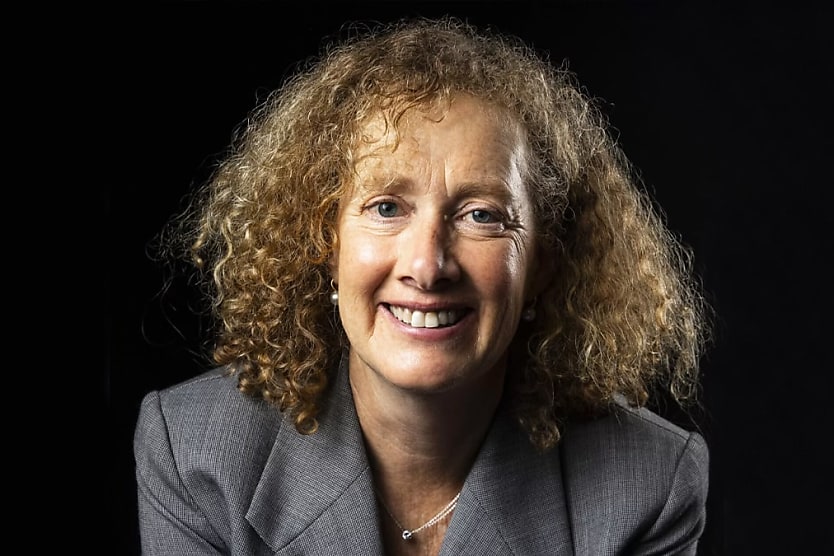More sexual harassment allegations show we need a canary in the corporate coal mine
SHARE THIS ARTICLE

To stem what I believe is a tsunami of bad behaviour being reported in Australian workplaces, we need solutions to match the scale and force of the problems, writes Shirli Kirschner and Matt Loop.
Another day brings another headline about a high-profile media company engulfed in controversy because of failing to keep its employees safe from sexual harassment, with an ever-growing list (dominated by men) of those whose leadership behaviour, or lack thereof, leaves many of us who work in diversity and inclusion, workplace safety and accountability alarmed but not surprised.
Many companies are looking at their own closets and seeking out any fresh or ancient skeletons that might be hiding in there, waiting to cause fright. This is a good thing because if a workplace has hit the headlines, it means they have left things to reach crisis point.
In my alternative dispute resolution consultancy, I saw matters time and again that could have been avoided if they had been dealt with early. In bullying, sexual misconduct and workplace conflict, early identification and prevention is always better than cure. A problem solved early is a problem solved more easily.
To stem what I believe is a tsunami of bad behaviour being reported in Australian workplaces, we need solutions to match the scale and force of the problems. We need reporting systems for people to divulge issues anonymously and safely before they become insurmountable and unsafe.
In decades past, workplaces would often roll out a “suggestion box”: a way to gather anonymous feedback and ideas, giving employees the safety of anonymity in which to share their genuine concerns or “out there” suggestions.
In modern workplaces, people are given plenty of opportunities to share feedback – whether it’s formal reviews or regular catch-ups with their manager. But when the feedback is sensitive, or poses a personal or professional risk, then it’s harder to get out into the open. Being a junior is a barrier. Fears of being considered a “snitch”, worrying about career repercussions or being labelled “other” in a workplace are real.
That’s why anonymity is key. And with the right approach, we can use de-identified data to inform everything from worker safety to pre-empting cultural insensitivities and identifying processes that simply aren’t fit for purpose. Management needs to make it safe and easy for people to speak up and access support, advice, and problem-solving pathways quickly and without judgement.
Matt Loop is the vice president of Asia at Rippling, which offers a unified platform to manage global teams, streamlining payroll, HR, expenses, and device management in one place. He said: “You would be hard pushed to find a business leader who is happy for these issues to exist within their organisation. But many lack the clear policies and procedures to enact effective change. Companies need to do more to implement systems and reporting mechanisms that prevent problems before they escalate into chaos and harm ensues.”
Do companies care? Yes, but not as much as they should.
Beyond the clear moral and ethical considerations, there are many reasons for companies to be mindful of problematic behaviours and public blow-ups, including damage to reputation and brand, loss of staff morale, decreased productivity from demotivated and distracted employees, and both customer and employee churn that further harms morale.
For some, tracking share price against the blow-up can be very telling of their company culture. While share prices often recover quickly after a scandal, this can create a false sense of security. Leadership teams may think the problem has been solved because the share price has bounced back when it’s the headline that has been fixed, but the underlying work culture issues remain unsolved.
If it stinks at the top, the pervading culture will permeate throughout the organisation. Leaders need to genuinely care and act, or nothing will change. Values are everything.
From a personal standpoint, I believe we all must care more and role model the behaviour we want to see so we can transform our workplaces and set a standard for others to follow. Diverse teams are winning teams. Inclusive workplaces ensure that every individual, regardless of their background, identity, or position, feels valued, respected, and included. Often, the quiet voices in the room don’t get a chance to be heard. Leaders need to democratise the feedback process and remove barriers for sharing and reporting, giving everyone a voice.
As senior leaders, we and our stakeholders have a clear choice to make. Do we want to build a diverse team of advocates for our brand, or do we wait for the fallout from a disenfranchised employee who was never given a chance to safely speak?
Shirli Kirschner is the co-founder of anonymous reporting platform Elker. Matt Loop is the vice president and head of Asia at Rippling.
RELATED TERMS
Harassment is defined as persistent behaviour or acts that intimidate, threaten, or uncomfortably affect other employees at work. Because of anti-discrimination laws and the Fair Work Act of 2009, harassment in Australia is prohibited on the basis of protected characteristics.
